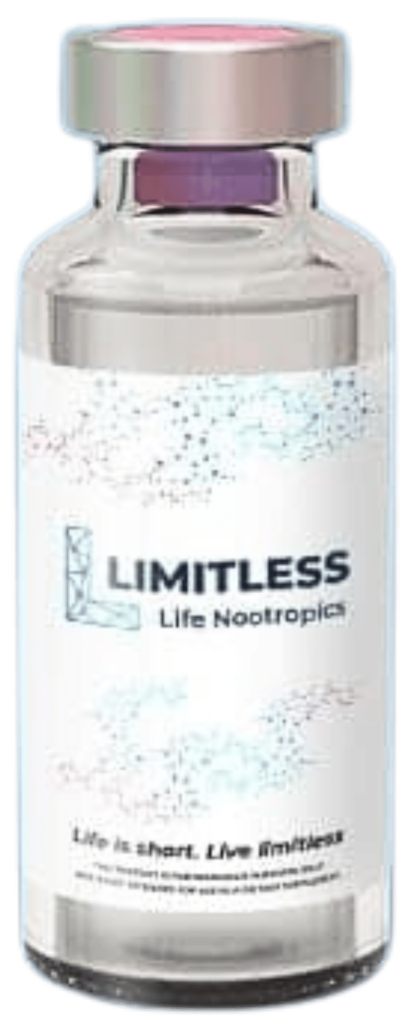One of global societies’ biggest health problems is depression. It afflicts hundreds of millions of men worldwide every year. Testosterone levels in men are dramatically decreasing and have been for more than 20 years across the USA. Lower concentrations of testosterone increase a man’s risk for age-related diseases, depression, and infertility. There is even data proving the population wide decline in testosterone over the 80’s, 90’s and 2000’s. Many scientists are stuck trying to figure out a biological riddle akin to the “chicken vs. the egg”: does low testosterone cause depression, or does depression cause low testosterone? Sadly, the standard treatment (even to this day) is to prescribe selective serotonin reuptake inhibitor medications (SSRI’s) in lieu of submitting for a blood testosterone test.

Despite this confusion, research now demonstrates that men undergoing Testosterone Optimization Therapy for suboptimal levels of testosterone report improvements in mood and other issues related to depression. TOT exerts powerful biological effects on brain development and brain function by alleviating depression. There are many studies showing that it dramatically improves depression and mood. Another study found that TOT may have an antidepressant effect in depressed patients, especially those with hypogonadism. What is remarkable is that this study was willing to go on record and state that “the route by which TT [testosterone] is administered may play a role in treatment response.” In other words, they actually admitted that testosterone can have a place in proper treatment of depression (in men with low testosterone levels). I asked Rob Kominiarek, DO, FACOFP, Founder ReNue Health about his thoughts on the power of TOT to alleviate depression in lieu of SSRI treatment. Can TOT replace the need of an SSRI in most instances? Dr. Rob told me to look at the data over the past decade alone. There have been over 450,000 studies conducted on the use of hormones to treat mood disorders. Studies looking at thyroid, testosterone, estrogen, progesterone, DHEA, pregnenolone, and growth hormone for the treatment of mood disorders.

Kominiarek says,
“It makes one wonder what in the hell is standard medicine thinking and doing! While psychotropic medications are a valuable tool for treatment in some individuals, they have generally been grossly over-prescribed to treat the symptoms of ‘life”.
Neurosteroids and neuroactive steroids have a profound effect on the treatment of mood disorders when replacing the use of psychotropic medications, and there are literally hundreds of thousands of studies that provide evidence to that fact. Kominiarek lays the smackdown on the dangers of using psychotropic medications, and why he isn’t a fan of using SSRIs in alleviating depression inside the pages of the TOT Bible. To read much more about the usage of therapeutic testosterone alleviates depression in men, purchase The TOT Bible.



